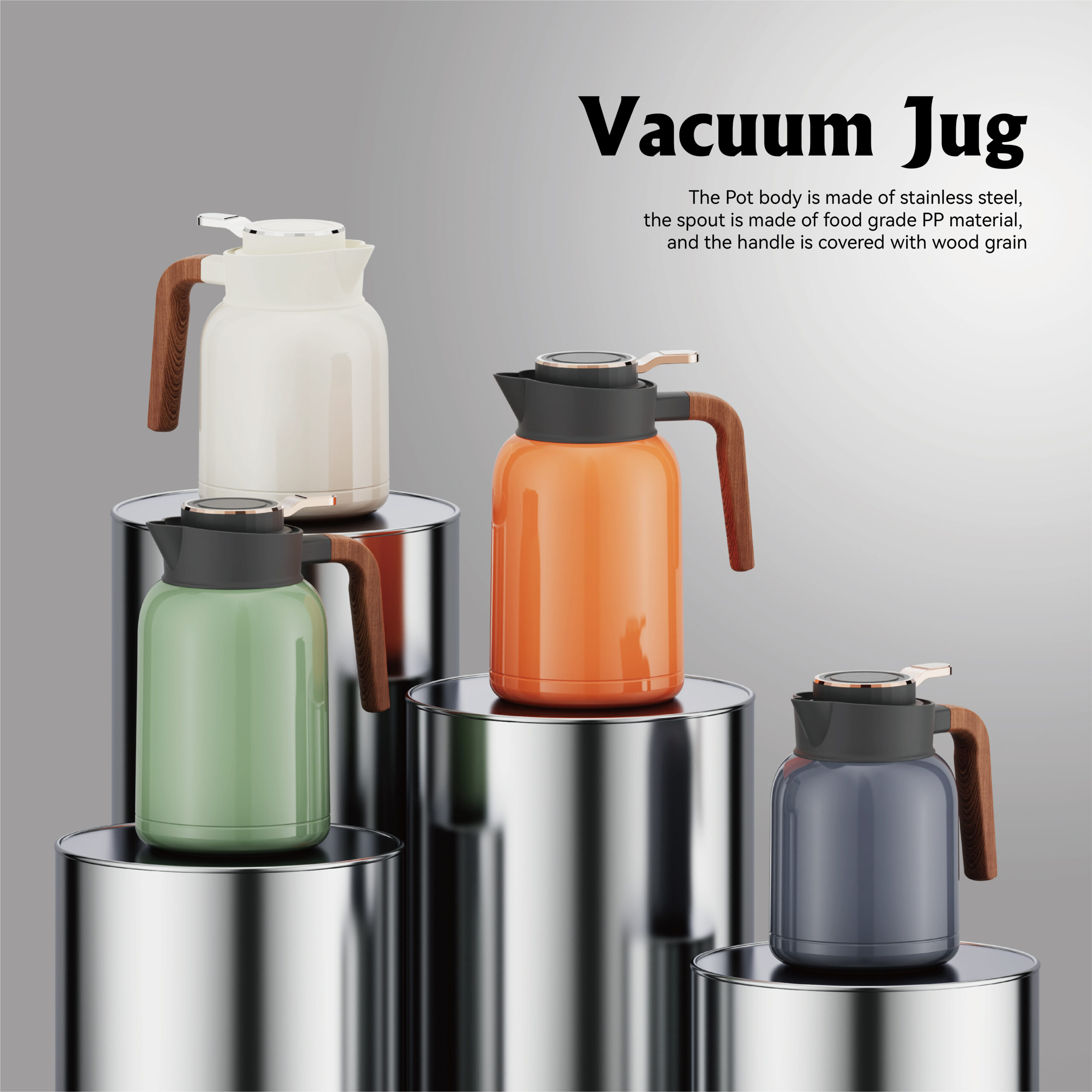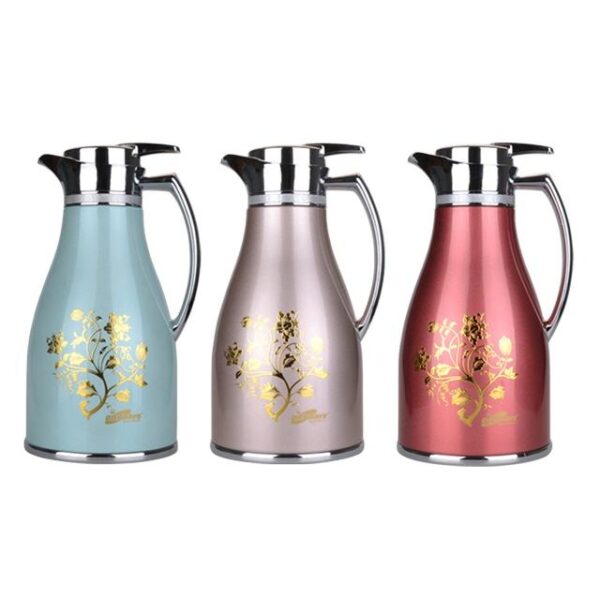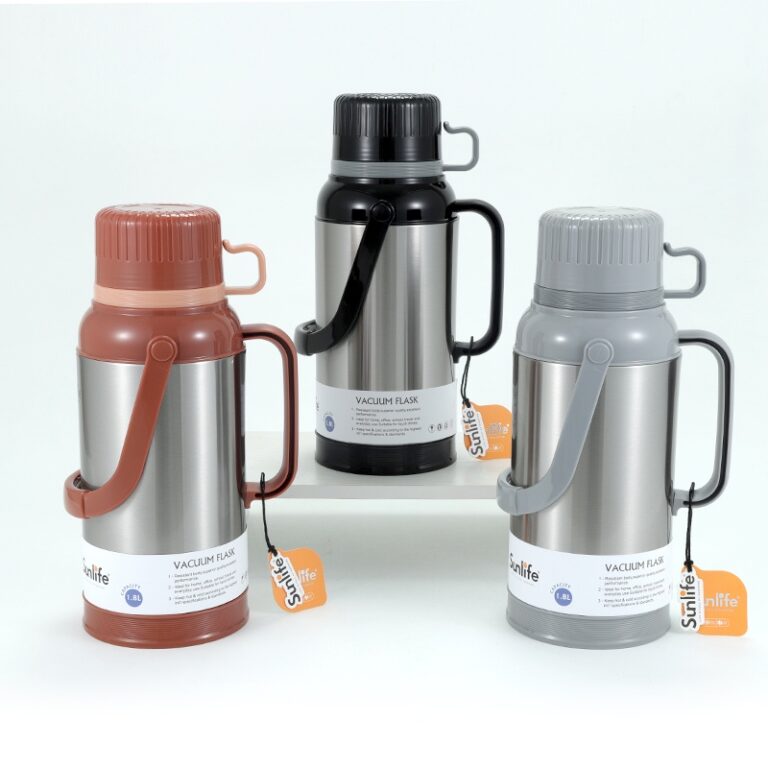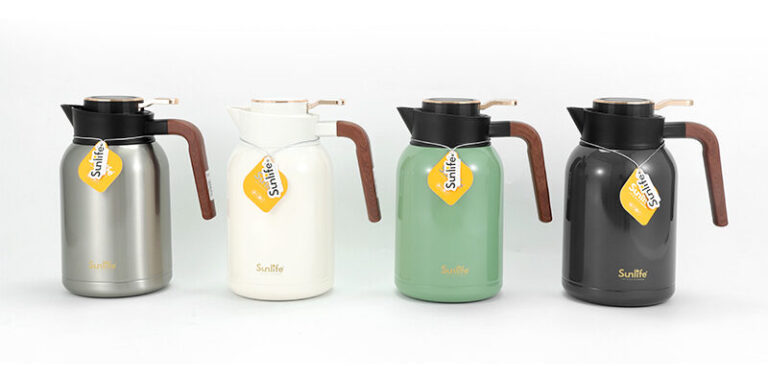Arabic coffee, known for its distinctive flavor and rich cultural heritage, stands out in the world of coffee. Its uniqueness comes from a combination of special ingredients, traditional preparation methods, and the ceremonial practices that surround it. A closer look at these aspects reveals why Arabic coffee is cherished by many and how modern advancements, such as the plastic coffee pot, have further enhanced its enjoyment.
The Unique Ingredients of Arabic Coffee
The Special Role of Green Coffee Beans
The green coffee beans are at the core of what makes Arabic coffee stand out. Arabic coffee uses lightly roasted green beans instead of the dark-roasted beans common to many Western varieties. During this roasting process, more of the natural flavors/characteristics from coffee beans are preserved resulting in a subtler softer flavor character. Arabic coffee gets its signature light color from the use of green beans and, some say, unparalleled freshness than other forms of coffee.
Traditional Spices Used in Arabic Coffee
The taste of Arabic coffee cannot be separated from spices. Spices are well utilized namely cardamom, saffron cloves and cinnamon, etc. During brewing, these spices are introduced to then produce a fragrant aroma with multifaceted flavors. Adding these spices not only contributes to the flavor of the dish but also represents local gastronomic traditions. Sometimes, the coffee may do well on its own with one or two spices; other times, you need a handful of them to spice up your drink — literally and figuratively.
Preparation Methods
Traditional Brewing Techniques
Arabic coffee is best known for its authenticity which can only be achieved through traditional brewing methods. It all begins with the green coffee beans roasting lightly before grinding them into fine powder. The next step is to boil water inside a traditional coffee pot called a dallah (often made out of brass or stainless steel). Add the ground coffee and spices to the boiling water, then let it simmer. Its coffee is usually brewed for a while and unfiltered, with the grounds and spices sinking to the cup bottom — that is part of its tradition.
Utilizing the Plastic Coffee Pot in Modern Times
The introduction of the plastic coffee pot has brought a modern twist to the preparation of Arabic coffee, making the process more convenient without compromising on quality. One standout product is the Veley plastic coffee pot.
Veley Plastic Coffee Pot
As a coffee lover and connoisseur, there is no denying that one must love tools that make our experience with coffee perfect. One of those wonderful products is the Veley plastic coffee pot, which transformed how we experience Arabic coffee. One of those amazing tools is a veley plastic coffee pot, developed to change the way Arabic coffee has been introduced to us.
Veley is renowned for its customized coffee pot services, particularly for well-known brands in Saudi Arabia. Their expertise lies in creating bespoke 1.0L plastic coffee pots that not only serve functional purposes but also elevate brand visibility. For instance, they have designed pots with the brand’s iconic red color and logo prominently displayed, ensuring that the brand stands out while delivering an exceptional coffee experience.
The Veley plastic coffee pot is not just about aesthetics; it excels in performance too. Its excellent insulation effect is highly praised by customers, making it an ideal choice for maintaining the perfect temperature of Arabic coffee. This is crucial because Arabic coffee is traditionally served hot, and maintaining its temperature enhances the flavor and aroma, which are integral to the coffee’s unique profile.
As for the best insulation effect of the Veley coffee pot, it is necessary to preheat the pot by pouring hot water first into the pot and then brewing coffee. This keeps the interior of the pot warm, which helps keep the coffee hot longer. Also, by reducing the times you open the pot, you avoid losing hot air — and with it the heat of the coffee.
Cultural Significance
Ceremonial Practices Surrounding Arabic Coffee
The practice of preparing and serving Arabic coffee is an important custom in the Middle East. Often seen in social events like family functions, marriages, and festivals. Arabic coffee is served with manners and rituals. This is why coffee is traditionally served first to elders by the youngest family member, as a sign of respect. The Halal coffee is typically served in short cups that lack handles, recognizable as the traditional “finjans.”
Comparing Regional Variations in the Middle East
The diversity of Arabic coffee is distinctive to each region Originating from various Middle Eastern countries, the base ingredients can be similar but the spices and brewing methods can vary greatly. For example, Saudi Arabian has a lighter roast and uses more cardamom, while Yemeni may use a cardamom+cinnamon blend and is often brewed darker. Cultural diversity and its influences may explain the differences between regional dishes.
Flavor Profile and Serving Style
Taste Characteristics of Arabic Coffee
The flavor is light and earthy, peppered with notes of the spices used during brewing. These mildly roasted green beans bring in a light, rich taste with a bit of an earthy profile, and the spices add an intriguing fragrance and complexity. While still bitter, it bites less than some other dark roasts might which means if you think that darker roasts are a bit too strong this should work better for you.
How it is Typically Served
Arabic Coffee is served in small cups, the aim is to enjoy and savor the diverse taste more The need is not large. Dates and other sweets are often served along with it, as it has a somewhat lighter, spiced flavor. Arabic coffee traditions extend beyond that of a culinary expert but also highlight the social and culture-relevant experiences of this traditional offering.
Health Benefits and Nutritional Aspects
Antioxidants in Arabic Coffee
Due to the lightly roasted green coffee beans along with the spices used in it, Arabic coffee is rich in antioxidants. Antioxidants help neutralize free radicals in the body that may help reduce the risk of many chronic diseases, including heart disease and cancer. Green coffee bean polyphenols have also been associated with different health benefits; such as improvement of cholesterol and blood vessel function.
Potential Health Benefits from Spices Used
Arabic coffee is made out of some traditional spices that also provide many health benefits. Cardamom as another example is great for digestion and can also help with digestive problems. Saffron is known for its possible antidepressant effects and mood-improving properties. While cloves and cinnamon offer some anti-inflammatory and antimicrobial effects making Arabic coffee even healthier. In addition to the flavor, these spices have some healthy benefits too.
Pairing Arabic Coffee with Food
Traditional Food Pairings
For centuries Arabic coffee has been traditionally served with dates, nuts, and all kinds of Middle Eastern sweets like baklava or maamoul (date-filled cookies). Dates are an especially important one; they add a natural sugar to the cup that balances the spiced notes of the coffee. Not only is this combination flavourful but also fondly associated with Arabic hospitality and heritage. Savory, things like a cheese pastry make good accompaniments to the coffee’s fragrant light spice profile.
Modern Fusion Pairings
Contemporary fusion pairings have added a new dimension to the enjoyment of Arabic coffee. Chefs have begun serving it with chocolate desserts, almond biscotti, and even savory dishes such as spiced lamb or roasted vegetables. These new pairings showcase the aromatic potential of Arabic coffee that would complement different flavors. Coffee synonymous with romancing in the traditional sense has evolved too, given that modern culinary artists have tried various brewing techniques and coffee-infused dishes from different parts of the world to give a new-age romance between a cup of goodness in contemporary dining forms.
In conclusion, Arabic coffee’s unique ingredients, traditional preparation methods, and cultural significance make it a distinctive and cherished beverage. Modern advancements such as the plastic coffee pot, particularly the Veley model, have made it easier to enjoy this traditional brew while maintaining its rich heritage and flavor. Whether brewed using age-old techniques or with the help of contemporary tools, Arabic coffee remains a symbol of hospitality, tradition, and exquisite taste.









